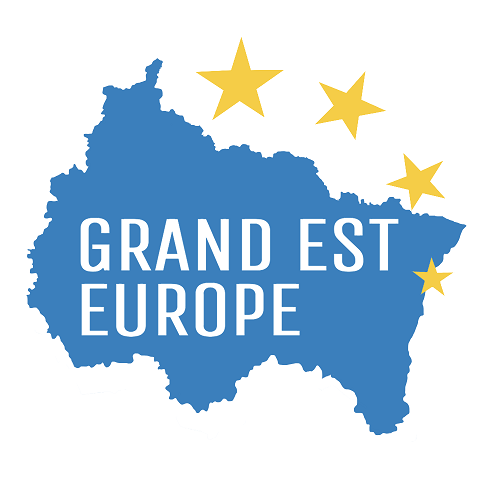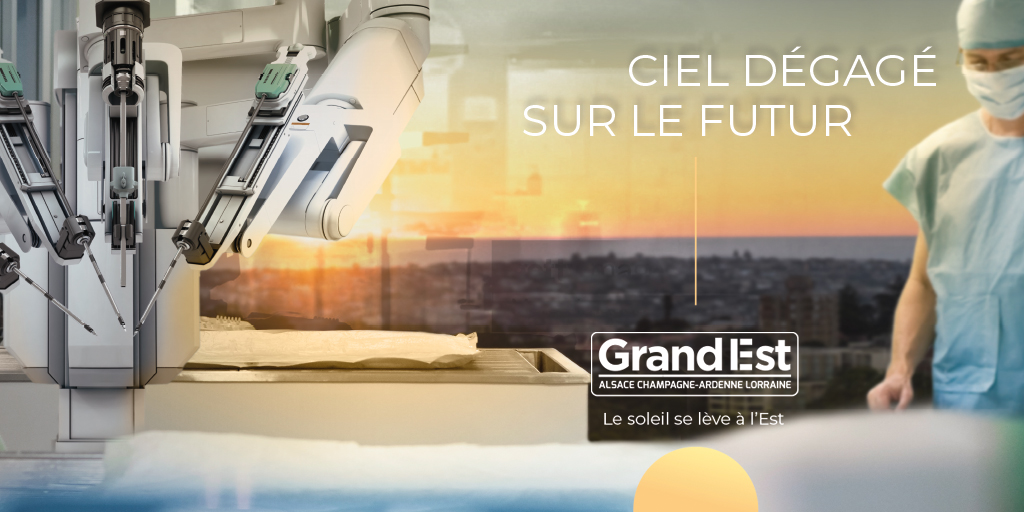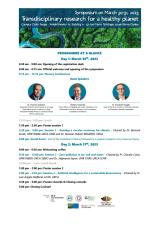
Created in 2016 following the merger of the former regions of Alsace, Champagne-Ardenne and Lorraine, the Grand Est region is characterised by its European identity, the result of its history and geography, and the fact that it hosts European institutions in Strasbourg. It stands out from other regions for its particularly dynamic economic ecosystem in the following sectors: mobility, ecological transition, health, bio-economy, materials, etc.
As the representation of Grand Est to the EU, Grand Est-Europe acts as the bridge between the region and the European institutions. This regional collective works to promote a stronger, more coherent European action with its members, as well as to develop European cooperation.
Contact detail
-
Head of office
-
Contact person
-
Brussels Office Address
rue du Luxembourg 15
1000 Brussels
Belgium

S3 Strategy
By implementing its smart specialisation strategy, the Grand Est Region wants to offer companies new partnership opportunities contributing to the three major transitions that the territory is experiencing: the industrial, ecological and digital transitions. By orienting its smart specialisation strategy more specifically towards the digital transition, the Grand Est Region aims to support the digital transformation of companies, organisations and relations with citizens, through support for the acquisition of digital skills (AI, Big Data, Cloud, cybersecurity ...). For 2021-2027, S3 of Grand Est will support projects and investments prioritised around the three thematic sectors of excellence of the territory: Industry, Health and Bioeconomy. All initiatives must also meet the following eight sectoral priorities: technologies and equipment for industrial transition, Recycling and functionalisation of materials for industry and for construction, medical biotechnologies, digital tools for health, medical devices, molecules and bio-based materials, tools and systems for sustainable and smart management of natural resources, energy systems and their performance.
Latest Tweets
Latest Tweets
Latest Updates
- By Alice Schafer
Symposium on transdisciplinary research for a healthy planet
The University of Reims Champagne-Ardenne is organising the first edition of the Symposium on transdisciplinary research for a healthy planet on 30-31 March 2023. The conference will aim to show how research can respond to the challenges of ecological transition and the preservation of our planet with a European dimension.
- By Agnieszka Wieczorek Jetha
University of Reims Champagne Ardenne - JPICH « Conservation and Protection »
Project objectives To develop materials, technologies and procedures for long-term maintenance, secure access, conservation and in-situ preservation of cultural heritage. Project actions The consortium gathers conservation scientists, chemists, microbiologists and geologists from academic institutes and universities from Spain, Portugal and France. They develop their research acti
